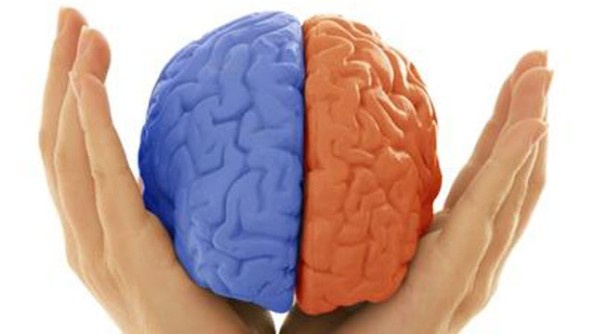It’s not a secret that some diabetics also have memory issues, but a new study suggests it’s not just due to clogging of blood vessels – your brain may actually be shrinking.
When the brain shrinks, it’s often because valuable brain cells that help us think and remember are dying. A loss of brain cells is a hallmark for Alzheimer’s disease and other types of dementia.
In this new study, published in the journal Radiology, researchers looked at brain scans from a little more than 600 people age 55 and older with type 2 diabetes. They found that patients who lived with diabetes the longest had smaller brain volumes.
“When you lose brain cells, you lose the capacity for more complex thoughts and memory,” says Dr. R. Nick Bryan, lead author of the study.
“Diabetes may be a risk factor for things like Alzheimer’s disease,” says Bryan, chair and professor emeritus at the Department of Radiology at the University of Pennsylvania. ” We didn’t prove that, but we suggest that.”
Up until about five years ago, experts thought memory and cognitive problems related to diabetes were largely due to problems with blood clots in the brain. But Bryan’s new imaging study builds on other research, which points to brain shrinkage as a potentially stronger link to the development of cognitive decline in diabetics.
“Somehow diabetes is doing something to the brain that results in tissue loss (death of cells),” says Dr. Rosebud Roberts, professor of epidemiology and neurology at the Mayo Clinic in Rochester, Minnesota, who was not involved with this new research.
Roberts says scientists are still trying to understand why cells are dying. Their best guess is that it’s related to both too little and too much glucose in the brain. Glucose is the brain’s food and when you have diabetes, brain cells may not be getting enough nutrients, so they can die. Another possibility is that too much glucose in the brain can also kill cells.
The brain of a diabetic “metabolizes glucose and oxygen differently than people who don’t have diabetes,” says Bryan, because destructive free radicals are possibly produced.
“Diabetes can lead to what is in essence a faster aging process,” says Dr. Gail Musen, investigator at the Joslin Diabetes Center in Boston, who was also not involved in this new research.
Her advice to diabetics is to keep the condition under control: “Exercise, eat right, go to your doctor, lose weight if you need to and take your medicine.” These lifestyle changes won’t prevent the brain shrinkage, Musen says, but they will slow down the process – and the sooner you start, the better.
Source: CNN


